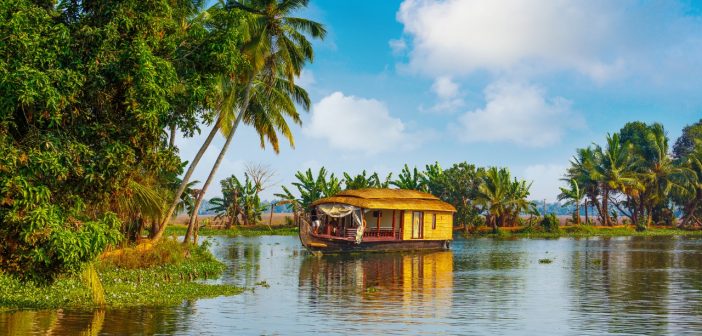With Kerala recently issuing a health alert for rising monkeypox cases, the state’s tourism industry faces potential disruptions just as it prepares for its peak season. Monkeypox, a viral zoonotic disease transmitted through close contact with an infected person, is particularly worrisome due to its potential to spread among those in close quarters, including travelers. Although the disease is typically self-limiting, with symptoms like fever and rash lasting 2-4 weeks, its resurgence during a period of high tourist activity could prompt travel hesitancy.
Impact on Kerala’s Tourism Sector
Kerala’s economy is heavily reliant on tourism, which contributes around 12% of the state’s GDP. The state was already struggling to recover from the aftermath of the COVID-19 pandemic, and any health scare now risks derailing this recovery. The monkeypox cases could force authorities to impose travel restrictions or deter both domestic and international tourists from visiting, particularly since the state is taking stringent precautions, such as screening at airports and quarantine measures for symptomatic individuals. With Kerala historically being a top destination for health and wellness tourism, the added pressure of managing this outbreak could lead to significant revenue loss for hotels, travel agencies, and local businesses that depend on tourist footfalls.
Economic Implications for India
At the national level, any downturn in Kerala’s tourism will also affect India’s broader economic landscape. Kerala is a gateway for many foreign tourists, particularly from the Middle East and Europe. A decrease in tourist numbers could result in reduced foreign exchange inflows, which are critical to the state and India’s economy. Given that Kerala is one of India’s top tourist destinations, even a modest dip in visitors could translate into substantial economic losses.
As Kerala and India ramp up their public health responses, it is vital for the tourism industry to coordinate with health authorities to mitigate the effects of the outbreak. Clear communication about safety measures and health infrastructure will be key in reassuring potential travelers, especially as the state grapples with the threat posed by both monkeypox and other outbreaks like the Nipah virus.
Conclusion
While monkeypox is less severe than diseases like smallpox or COVID-19, the timing of its resurgence in Kerala could not be worse for the tourism sector. The state will need to balance its health priorities with economic concerns, particularly as it works to regain tourists’ trust during a challenging period.





